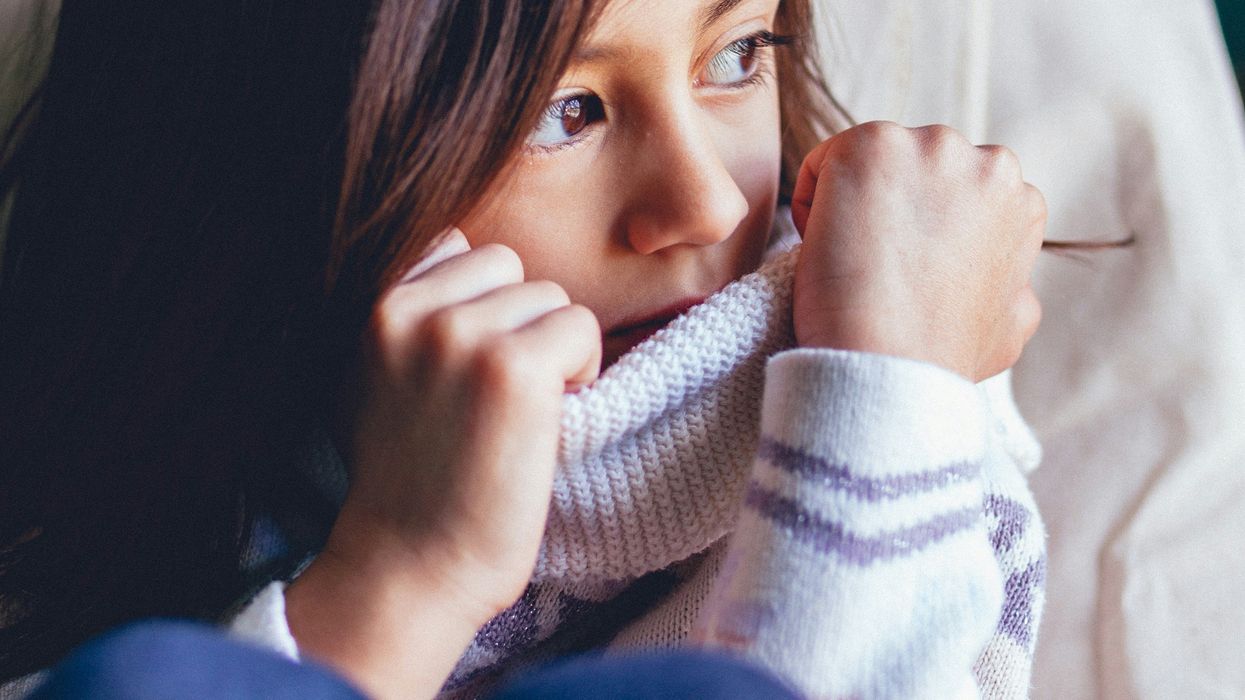British actress and model Jodie-Turner Smith said raising a biracial daughter helped her overcome her personal trauma with colorism in a Elle magazine discussion with Netflix's Sex Education star, Ncuti Gatwa.
Turner-Smith–who was born and raised in England to Jamaican parents–made her feature film debut in 2016's The Neon Demon and became the first Black actor to play the ill-fated mid-16th century Queen of England, Anne Boleyn, in the 2021 self-titled Channel 5 series.
She married Fringe and Dawson's Creek actor Joshua Jackson–who is White–in December 2019.
They welcomed their daughter, Janie, in April 2020.
When Gatwa lauded Turner-Smith for doing "more than the best job" raising her daughter, she responded:
"It’s a big job to prepare children for the world."
"The best thing that we can do is let them touch the earth and be grounded and real–as real as one can be when you have the level of privilege that obviously my child has."
\u201cJodie Turner-Smith has opened up about her approach to raising a biracial daughter https://t.co/DqZaJPLziM\u201d— CNN (@CNN) 1680014844
The actress then opened up about how having a biracial child made her confront her personal issues with discrimination based on skin color from within the same ethnic group–otherwise referred to as colorism.
"Now that I’ve got this little, tiny, light-skinned boss, I feel like it’s the universe teaching me lessons," she said.
"I’ve been given a daughter who looks this way to heal my own conversations around colorism."
She also embraced the term, nepo baby, which refers to a child born into privilege with celebrity parents who follow similar career paths.
"I’m not acting like she’s not a nepo baby. But I worked damn hard to have a nepo baby!"
As a darker-skinned woman, Turner-Smith acknowledged that her daughter's life as a girl with fairer skin will not be the same.
"We were poor, but I never really had a sense of it," she said of her childhood, adding:
"I certainly wasn’t as poor as my mother when she was growing up, but when you come from not having anything, you want to grasp life with both arms."
"She is going to have a completely different experience in the world than I did, because I have given birth to a mixed-race girl."
She gave an example of a back-handed compliment she often received about her skin tone.
"For a long time, people would even say to me, 'You're so pretty...for a dark-skinned girl."
\u201c@Pauline98476699 It\u2019s a hell of an experience growing up in a Racist White dominated environment. They have not even counted or aware of all the deep psychological mental emotional problems we have suffered and experienced .\u201d— Movie Monster #ADOS (@Movie Monster #ADOS) 1679959460
Turner-Smith admitted she was initially apprehensive about having a child and explained how her view of motherhood inevitably changed when she met Jackson.
"Throughout my life, I always said if I were to have children, I wanted to have Black, Black babies so that I could affirm them as children with the love that I felt I needed to have been affirmed with by the outside world."
"Then I fell in love with my husband and we talked about having kids."
"To decide not to have a child with somebody you love, just because they’re white, was insane to me."
\u201cThe honesty with which Jodie Turner-Smith speaks here about her experience with colorism and motherhood is incredible and I'm appreciative of the nuance and vulnerability she offers. https://t.co/QWX5PGZOfm\u201d— Abbey White (@Abbey White) 1680113097
However, despite her self-confident persona in public, she revealed she had been internally struggling with the idea of becoming a mother due to feeling vulnerable about her skin color.
"But, at the same time, I did have this mini pause, where I was like, ‘She’s going to be walking through the world not only having an experience that I did not have, but looking like people that, in a way, I’d always felt a little bit tormented by.’ "
"Anyone who has known me throughout my life would say, 'Oh, Jodie has very high self-esteem.' But it affected me, I just faked it till I made it."
"It wasn't until adulthood that I began to come into myself."



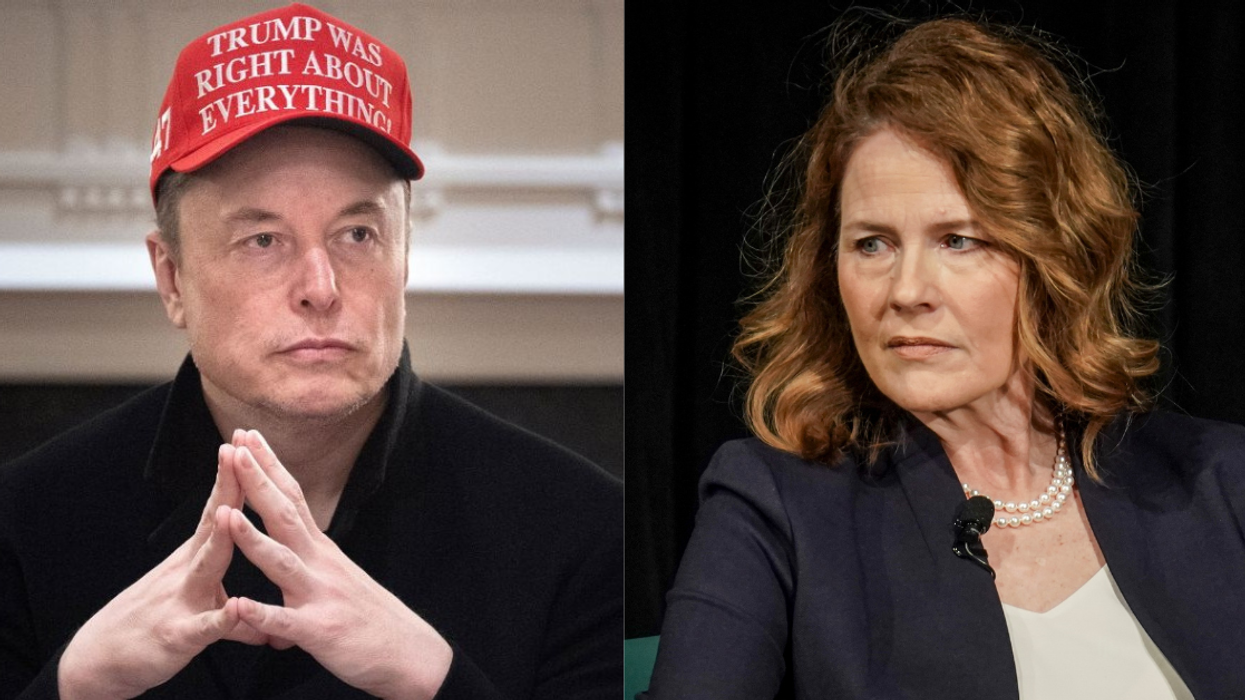

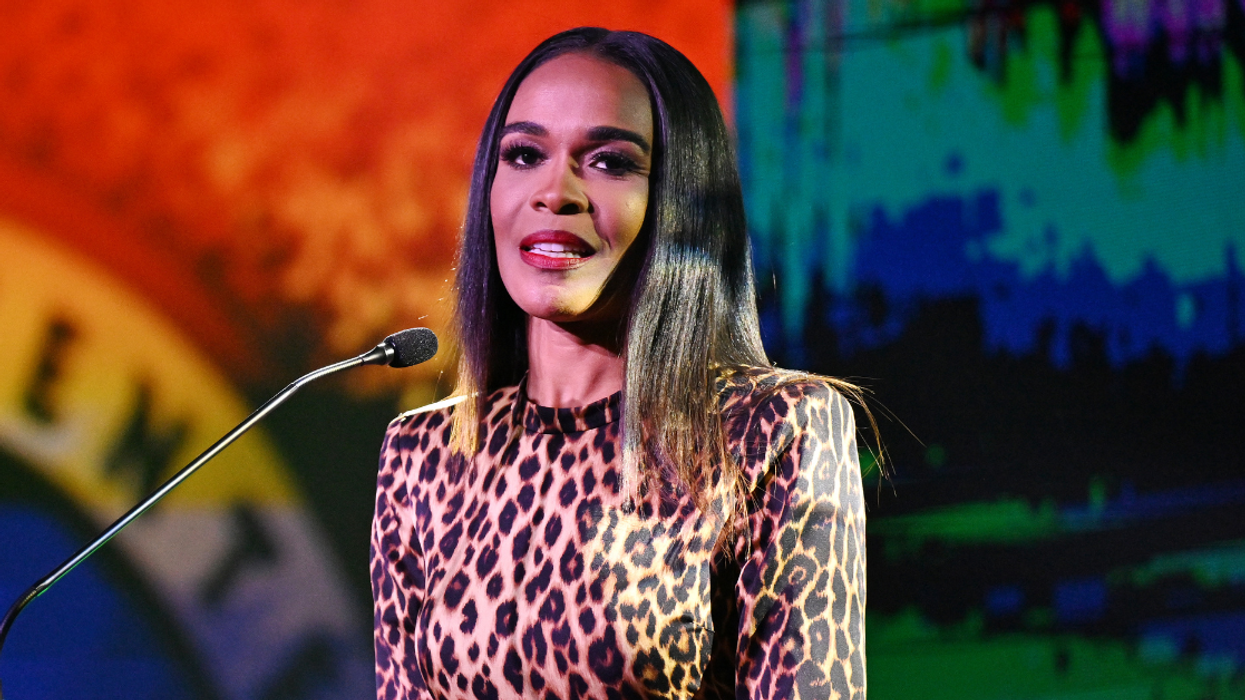
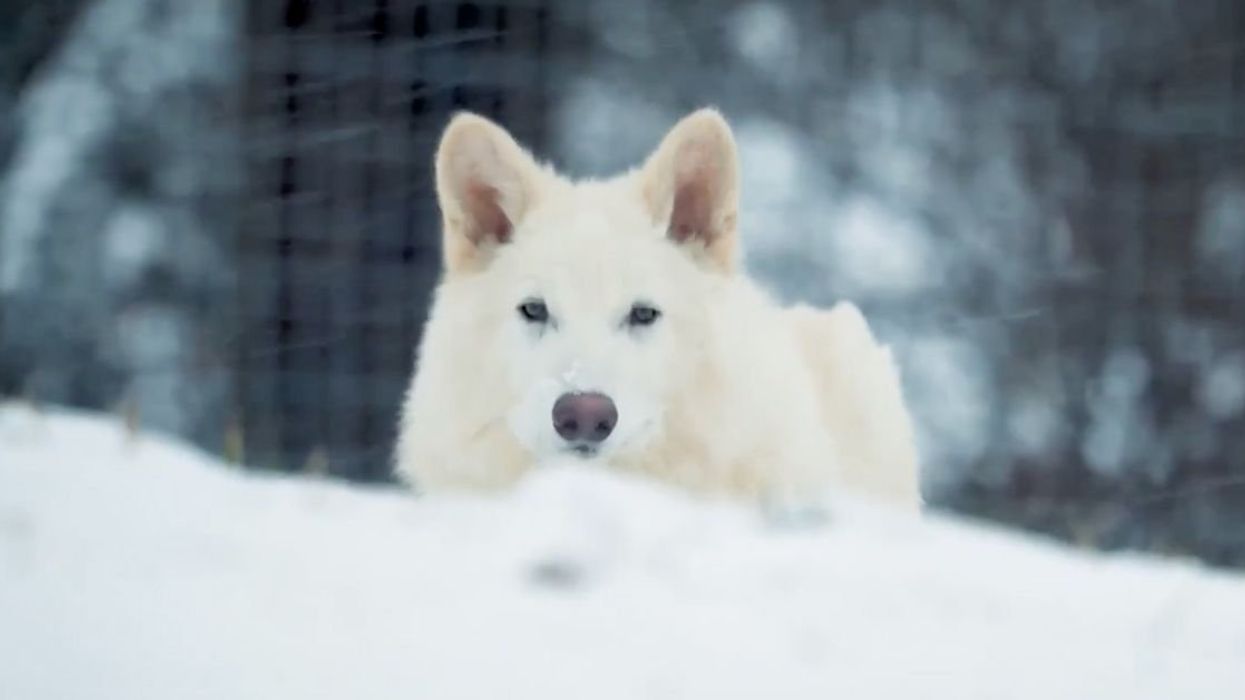
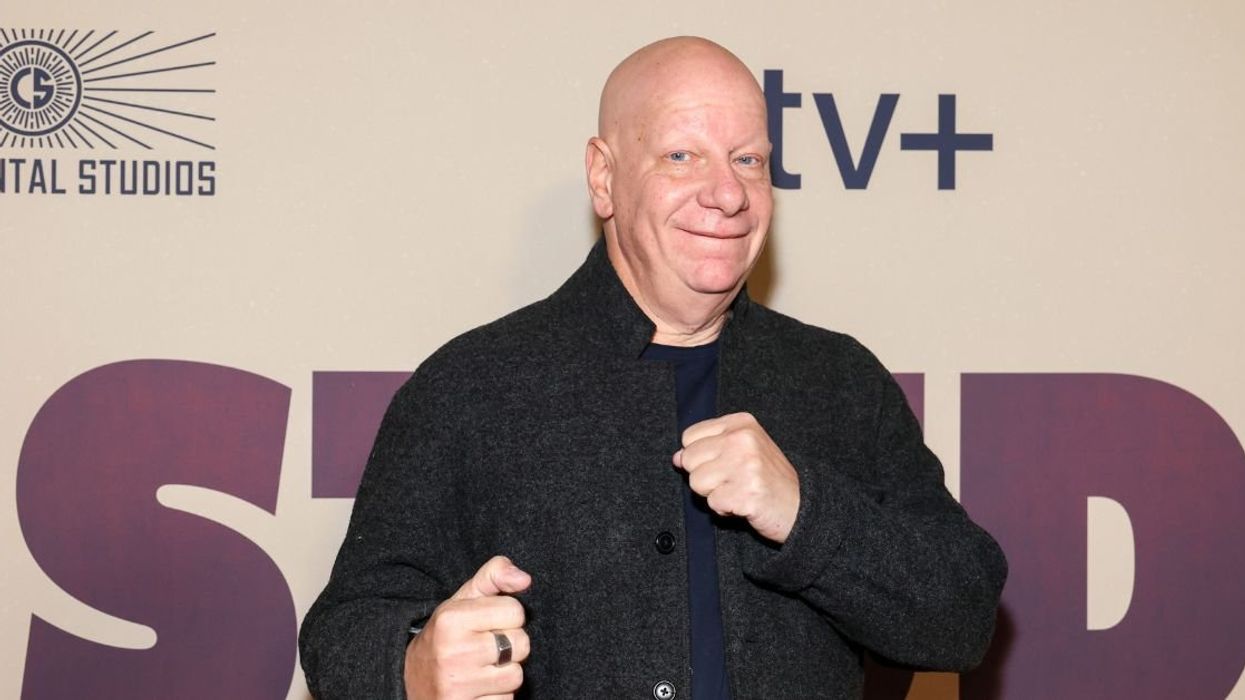
 @therealjeffreyross/Instagram
@therealjeffreyross/Instagram @therealjeffreyross/Instagram
@therealjeffreyross/Instagram @therealjeffreyross/Instagram
@therealjeffreyross/Instagram @therealjeffreyross/Instagram
@therealjeffreyross/Instagram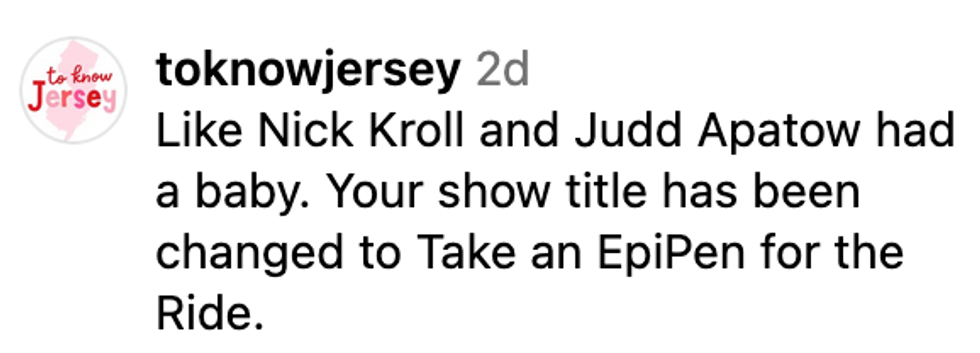 @therealjeffreyross/Instagram
@therealjeffreyross/Instagram @therealjeffreyross/Instagram
@therealjeffreyross/Instagram @therealjeffreyross/Instagram
@therealjeffreyross/Instagram @therealjeffreyross/Instagram
@therealjeffreyross/Instagram @therealjeffreyross/Instagram
@therealjeffreyross/Instagram @therealjeffreyross/Instagram
@therealjeffreyross/Instagram @therealjeffreyross/Instagram
@therealjeffreyross/Instagram




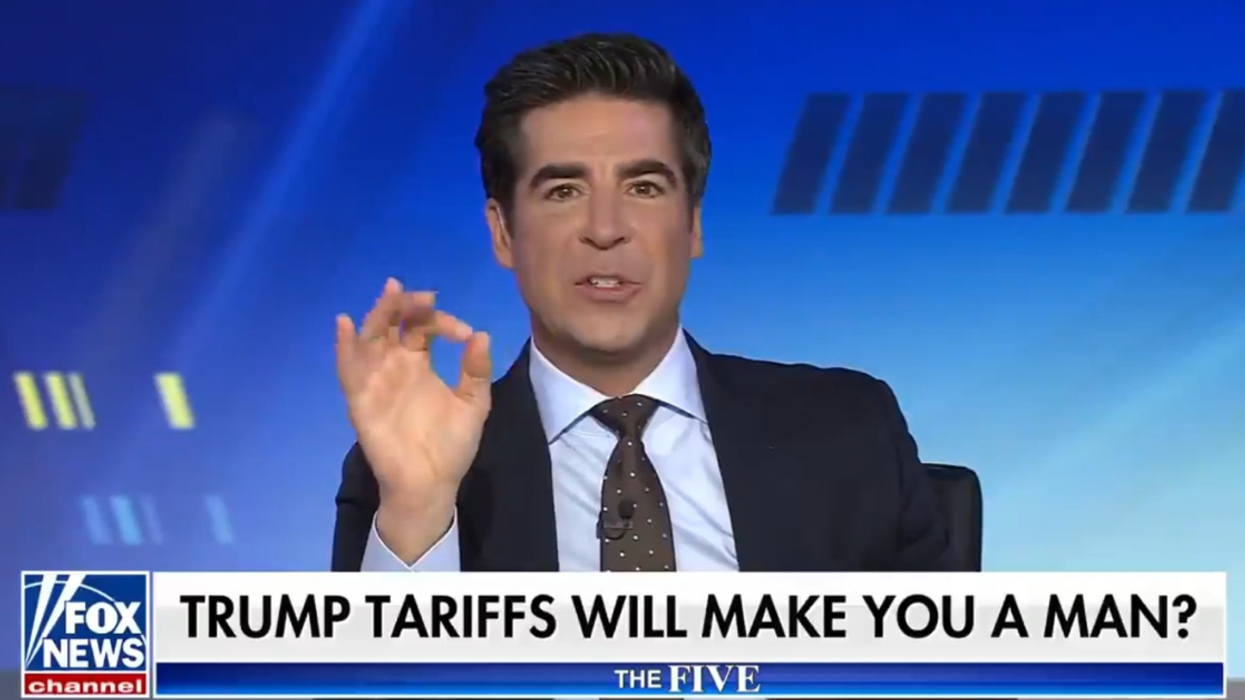



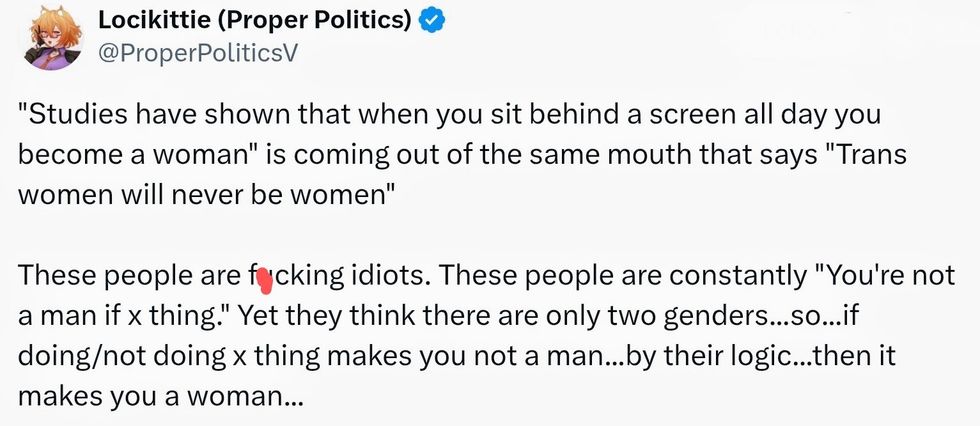
 @mikeredmond/Bluesky
@mikeredmond/Bluesky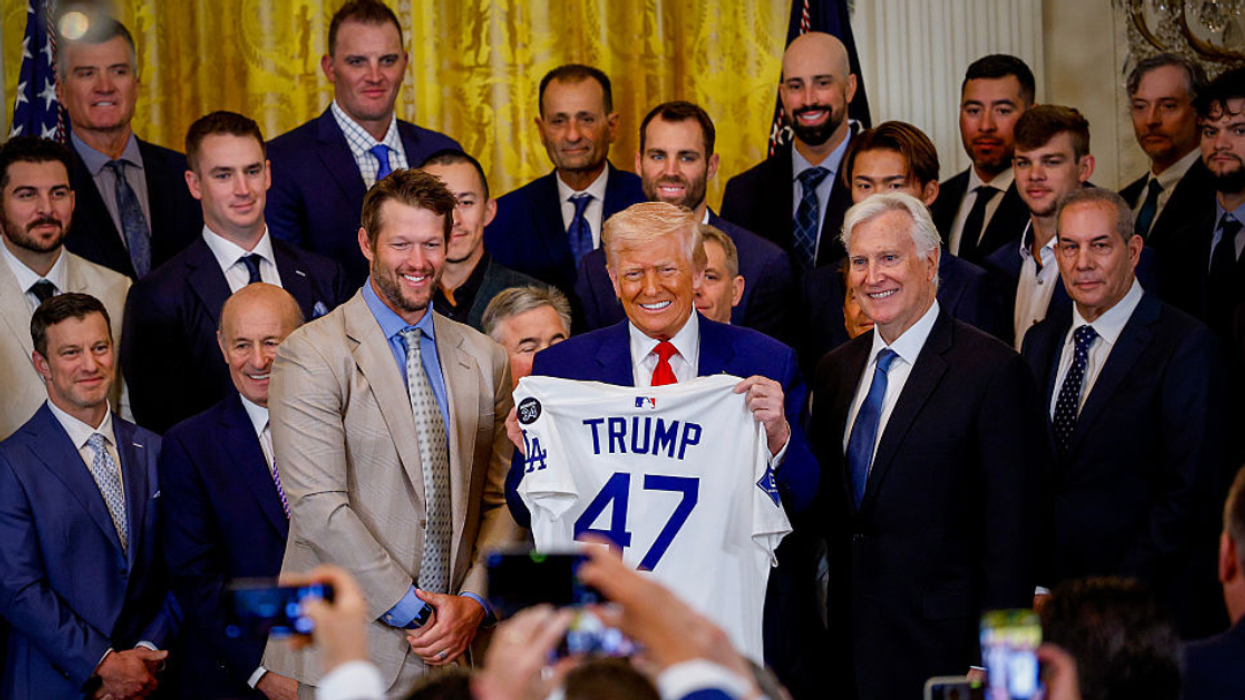

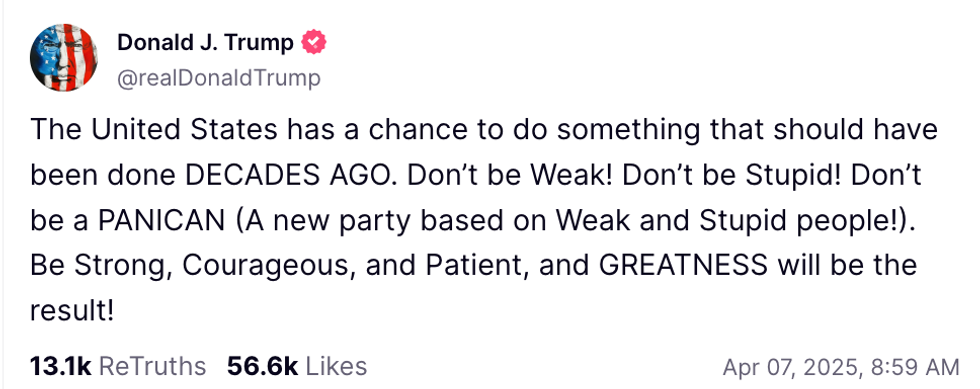 @realDonaldTrump/Truth Social
@realDonaldTrump/Truth Social